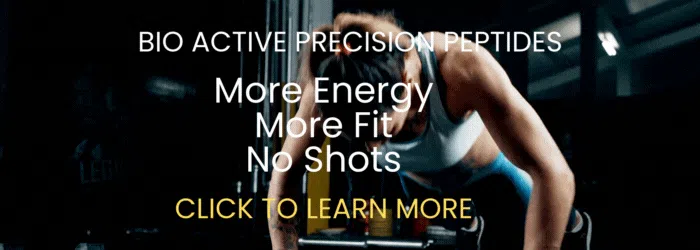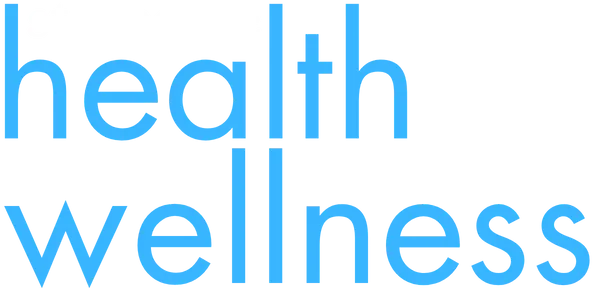

JULY & AUGUST 2024 ISSUE
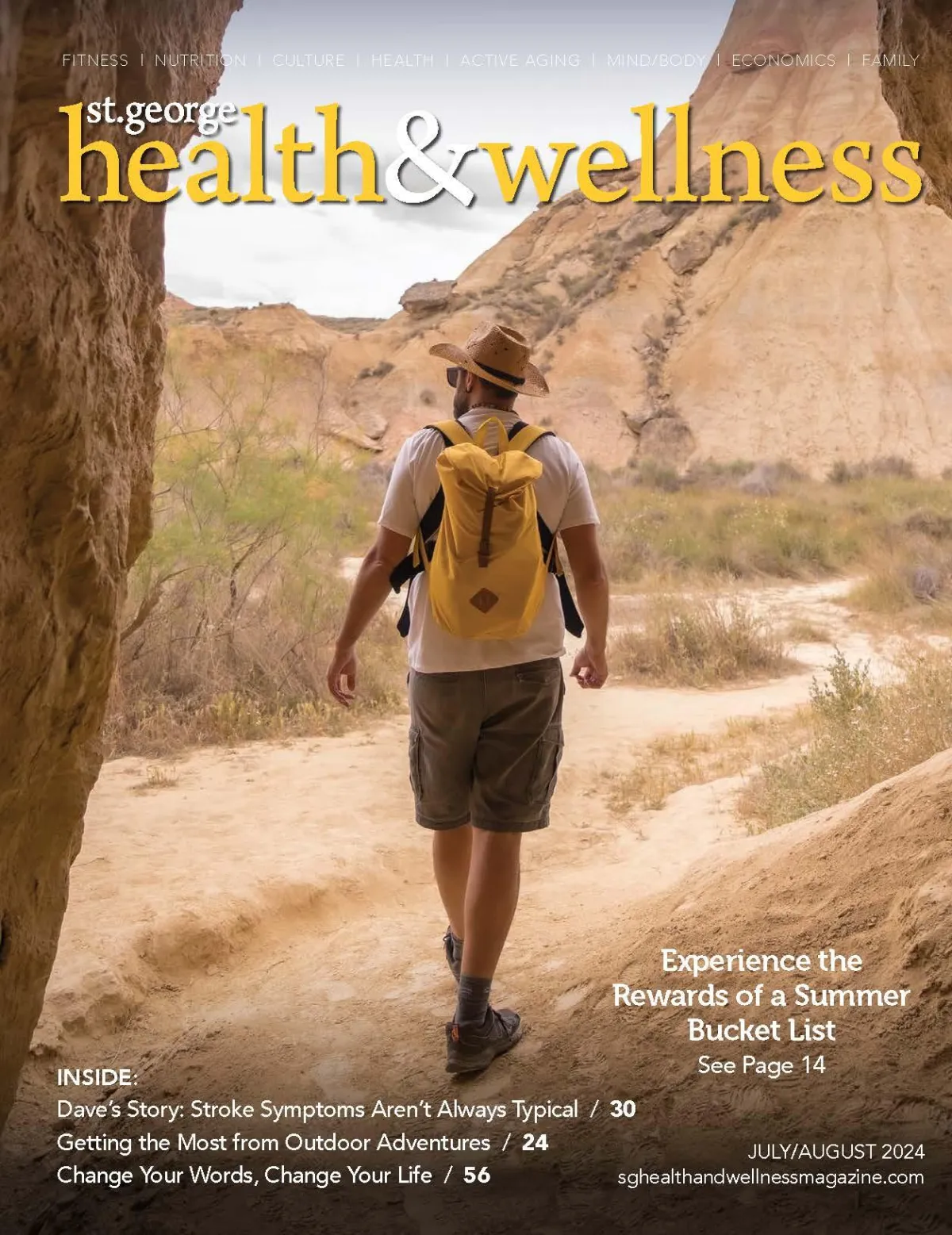
Cover Story
Experience the Rewards of a Summer Bucket List
Community & Culture
Letter from the Editor
Mayor’s Message
Trailblazer Nation
Start on Your Path to a Stable Career
Navigating Real Estate in the Age of the Internet
The Health Benefits of Resort Living: Why Resort Residences Are the Ultimate Wellness Retreat
Utah Tech University Debuting the State’s Most Affordable Online Master of Healthcare Administration Program
Creative Wigs and Hair Replacement Now Celebrating Sixty Years of Service
It Takes Little to Be a Big
Carsen Cooper: Lessons I Learned at Boy’s Nation
Health & Fitness
Flex-Time: Trish Schlegel Is Ageless Bodybuilder
Walk Your Way to a Longer, Healthier Life
Getting the Most from Outdoor Adventures
Menopause and Obesity: a Real Phenomenon
Riding on the Wind
Dave’s Story: Stroke Symptoms Aren’t Always Typical
The American Apple
Ease the Ache: Arthritis Care and Advice from Vista Healthcare
Alternative Holistic Care for Horses
Preventive Dental Care Will Help You Live Your Best Life
Utah’s Swell: Utah Is Great, but It Is Also Home to the San Rafael Swell
Four Considerations for Effective Tax Planning in Retirement
A Look at Self-Guided In-Home Health Tests
Empower Yourself with Nutrition Know-How
Four Tips for Summer Water Safety

Mind & Body
Experience the Rewards of a Summer Bucket List
The Mental Health Benefits of Exercise for Older Adults
The Profound Relationship between Our Physical and Emotional Health
Nurtured by Nature: Interacting with Nature Benefits the Body and Mind
Change Your Words, Change Your Life
Set Your Sights Higher with a Vision Board
What Type of Ketamine Is Right for You?
Relationships & Family
Have You Lost That Loving Feeling?
Encounter on Santa Clara Boulevard
Who Am I? A Map to Self-Discovery
Make a Positive Impact by Planting a Tree
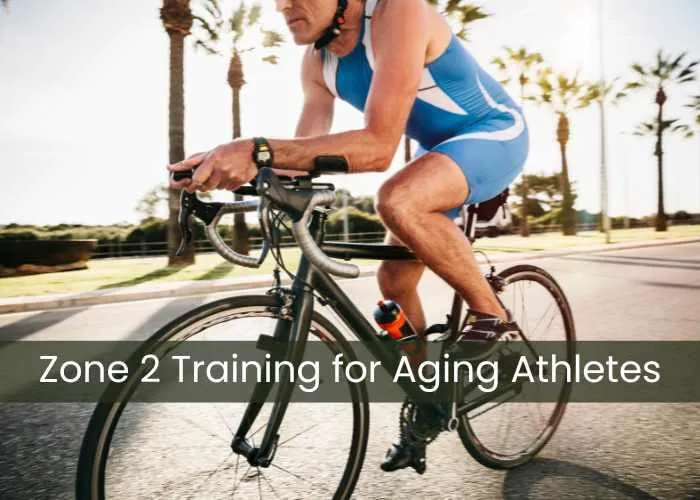
Current Articles
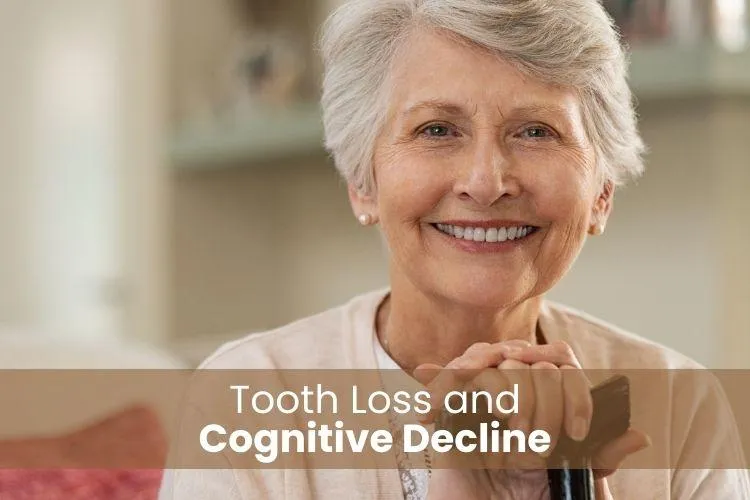
Tooth Loss and Cognitive Decline
I watched my mom care for my aging grandmother over the course of several years. Grandma Huber was pleasant—even if she didn’t remember my name. It was endearing to watch her enjoy a glass of ice water on a hot day after insisting she had never tasted water before. She would sit quietly and listen to church hymns for hours. The words of those sacred songs were among the few things she could still recall.
The hardest I’ve ever been bitten in my career was by a patient with Alzheimer’s. She was generally well behaved, and we had completed a minor procedure without incident. Once finished, I took a deep breath and decided to check my work one last time. She must have sensed I’d let my guard down, because as I reached for her, she leaned forward and bit my finger so hard she broke the skin through the glove. She laughed so sweetly and was so delighted—like a little child—that I could hardly be mad.
Alzheimer’s disease, dementia, and other cognitive illnesses have touched nearly all our lives. Our loved ones remain physically with us, but we are often deprived of who they truly are. The effects are devastating.
That’s why my colleagues and I sat up a little straighter at a recent dental study club when Dr. Shawn Davis, a brilliant oral surgeon here in town, shared a study that found dental implants may help preserve cognitive function in patients who have experienced tooth loss.
This is not an isolated finding. Several studies have reached similar conclusions: individuals who are missing teeth face a higher risk of cognitive decline, dementia, and even Alzheimer’s disease. The risk increases with the number of teeth lost.
There are several theories about why this is the case. We know that chewing stimulates brain activity. We also know that nutrition plays a critical role in brain health. People who have lost teeth often avoid nutrient-rich foods, such as fresh fruits and vegetables, because they are harder to chew than processed alternatives. We’re also gaining a clearer understanding of inflammation and how inflammation in one area—like the mouth—can contribute to systemic inflammation, affecting the heart, lungs, and brain. Mounting evidence shows that bacteria associated with periodontal disease can cause damage in other parts of the body, including lesions in the brain.
The good news? The majority of dental problems are entirely preventable. Brushing and flossing daily, along with regular dental visits, go a long way. Additional treatments, such as fluoride or hydroxyapatite therapies, antimicrobial rinses, and Perio Protect, can further support oral health.
If you’ve already experienced tooth loss, for whatever reason, I encourage you to consider restoring the area with a dental implant. Implants integrate with the bone, stimulating hard tissue and providing natural sensory feedback to the brain during function. They help preserve chewing ability and contribute to improved nutrition. Beyond the functional benefits, they often lead to better health decisions overall. I’ve seen firsthand how dental implants can transform lives.
Talk to your dentist to find out if implants could help you live a healthier life—now and in the future.
Plumb Dental offers general dentistry for the entire family, including preventative care, root canals, implant restoration, cosmetic work—even whole smile makeovers. To schedule an appointment, call (435) 673-9606 or visit their website at plumbdental.com.

